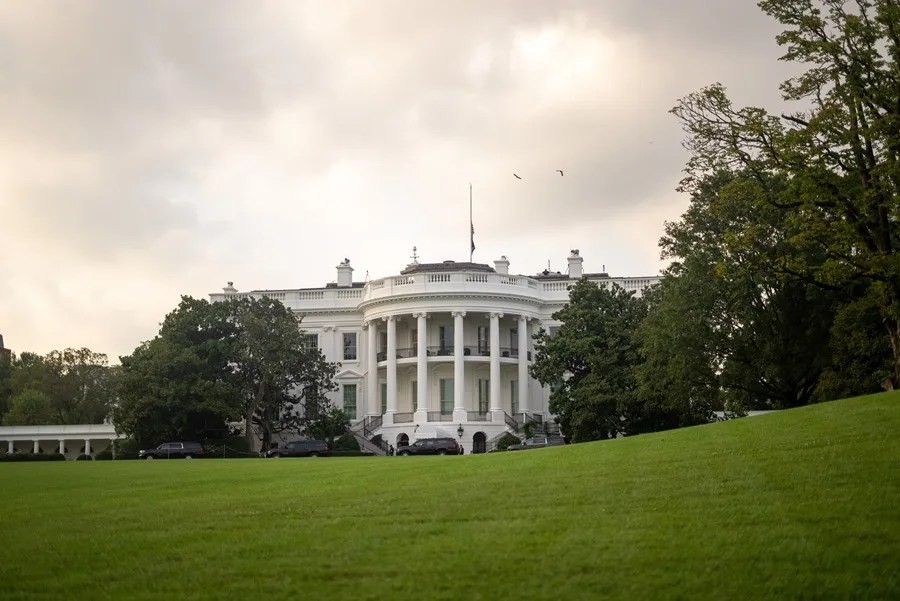White House Claims Legality of Deadly Strike on Venezuelan Narco-Boat, But Is This Justified?
The White House defends the deadly strike on a Venezuelan boat alleged to be trafficking drugs, citing national defense and wartime law. But in reality, this aggressive action risks overreach under shaky legal grounds and blurs the lines between law enforcement and military aggression.

On Tuesday, a lethal U.S. strike killed eleven people aboard a vessel allegedly linked to Venezuela’s infamous Tren de Aragua criminal network. Washington claims this precision attack was conducted legally in international waters under the guise of defending American interests and combating terrorism. But how solid is this justification when weighed against America’s principles of national sovereignty and lawful conduct?
Are We Crossing the Line from Law Enforcement to Unchecked Military Action?
The White House’s position, articulated by spokesperson Anna Kelly, is that President Trump authorized this strike as an act of self-defense consistent with international laws of armed conflict. They argue targeting a designated terrorist organization involved in narcotics exportation justifies such drastic measures without boots on the ground.
Yet skepticism grows over whether invoking powers like the Authorization for Use of Military Force (AUMF) legitimizes transforming narco-trafficking—a criminal activity—into an armed conflict warranting lethal force. Notably, even Senator Rand Paul cautions against preemptive killing based solely on suspicion without due process.
This escalation reflects a troubling shift: instead of treating drug smuggling as a law-enforcement issue involving arrests and trials, Washington is choosing military strikes that risk collateral damage and international backlash. Are we undermining our own commitment to justice by bypassing established legal channels? For families confronting domestic drug crises, reckless foreign interventions offer little solace.
What Does This Mean for American Sovereignty and Regional Stability?
This attack unfolded amid heightened tensions near Venezuela’s shores where U.S. naval deployments signal readiness for confrontation rather than cooperation. Labeling Maduro’s regime as a narco-state serves strategic messaging but risks entangling America more deeply in conflicts far from its borders.
Experts like Adam Isacson warn that unilateral presidential war powers claims lack Congressional backing and may falter legally. Furthermore, mixing suspected smugglers with innocent migrants or fishermen aboard vessels raises grave ethical concerns about indiscriminate use of force.
If unchecked, these tactics threaten to erode respect for national sovereignty—both ours and that of neighboring countries—while diverting attention from securing borders through commonsense policies that protect Americans first.
The fundamental question remains: How long will Washington expand military actions abroad under questionable legal pretenses while leaving real border security issues inadequately addressed at home? True America First leadership demands transparent accountability and respect for rule of law—not vague justifications for extrajudicial killings overseas.
